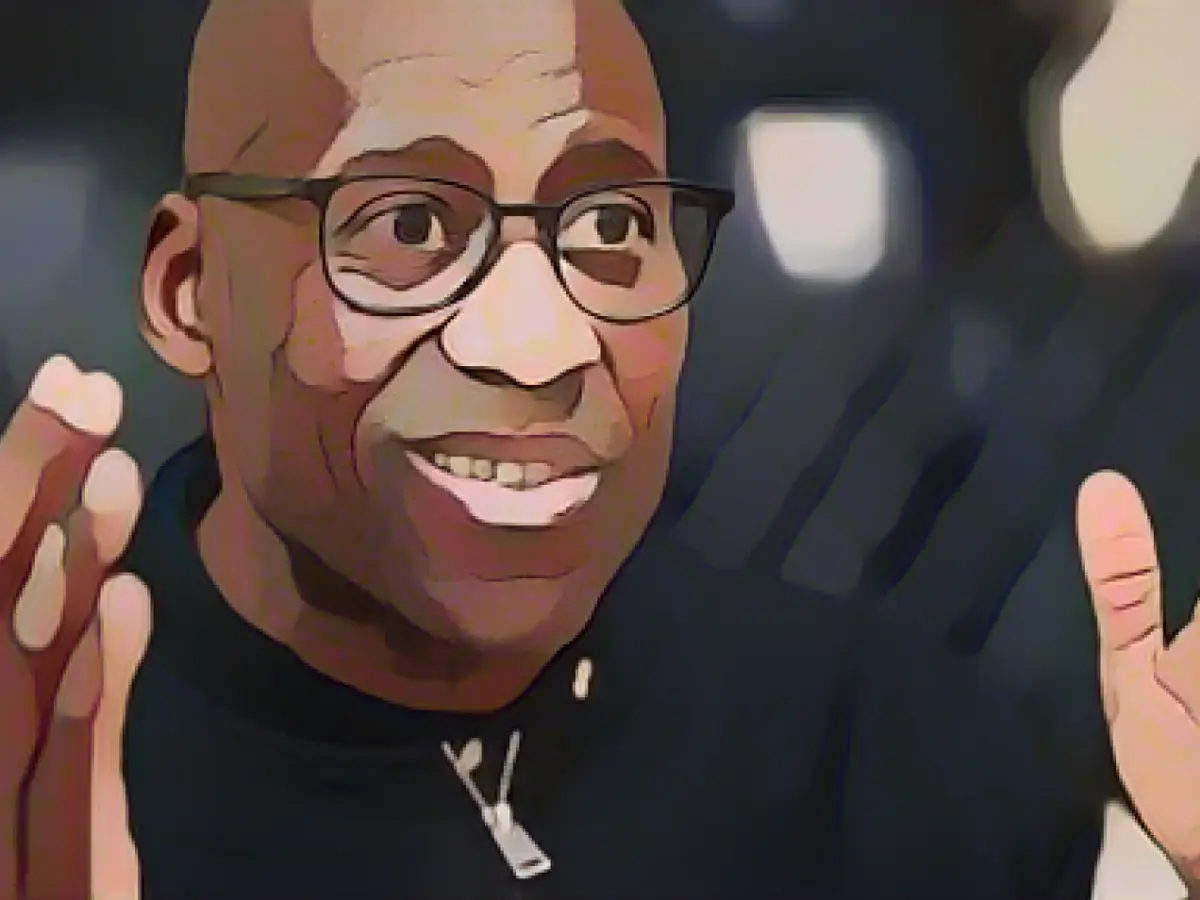Cultural funding - "Distribution struggles": culture in times of financial crisis
In times of financial crises, public funding for cultural institutions ends up on the cut list particularly quickly. "The biggest enemy of funding in culture is the issue of voluntary tasks," Katrin Budde, Chairwoman of the Culture Committee in the Bundestag, told the German Press Agency in Berlin.
The federal government is only responsible for certain areas of cultural funding. Cooperative cultural federalism with the federal states works well. The basic problem is "that culture is a voluntary task in the local constitutions", said the SPD politician. When there is pressure to make savings, culture always comes first, which is also demanded by the state audit offices. "You can't just berate the local authorities. It's just their voluntary task."
Budde wants to secure culture as "a public service": "It would be very important to strengthen culture as a national objective in the Basic Law as a basic principle for funding." This is also in the coalition agreement. "We were shocked to discover in the committee that the CDU/CSU no longer wants this."
The committee chairwoman hopes that it will also be consolidated beyond the Basic Law. "Not every association or theater can derive its claim to funding from a national objective. But when weighing up what I spend money on, culture should be strengthened and written into the local constitutions as a mandatory task by the federal states."
"Nothing will remain as it is"
Berlin's Senator for Culture Joe Chialo is also one of the heads of department in the 16 federal states who have to fight for funding for the institutions. "I said at the very beginning: nothing will remain as it is," the CDU politician told dpa. He calls the budget "a way to make culture resilient", "but it does not serve to be able to live out further dreams in any form". Chialo poses questions: "Is the expenditure we make in a cultural institution really necessary? Are the plays that we have always staged without much thought perhaps realizable in a different form? Can we manage the emotions differently?" He wants to question duplicate structures and save money with collaborations. "Does it make sense for large cultural institutions to come together with the independent scene in some way, to think about how we can use these synergies sensibly?"
Minister of State for Culture Claudia Roth also expects tougher times ahead. "The distribution battles are getting bigger," the Green politician told dpa. What is needed is "a clear commitment by the state at all levels to the importance of art and culture". Roth also regretted that it had not yet been possible to enshrine culture as a state objective in the Basic Law. Without the CDU/CSU, there would not be the necessary two-thirds majority. "Because culture is a voluntary task, many municipalities look there when it comes to making savings. We can't oblige anyone with a state objective for culture in the Basic Law, but it would be a groundbreaking statement of responsibility."
Culture is not a luxury in good times, "but in times of crisis, especially when things are difficult, culture is of enormous importance," said Roth. "Associations and organizations from many social groups say that cultural integration and culture are incredibly important for our democracy, for a society that is diverse, a culture that should also reflect this diversity."
Roth referred to the unifying function. "Culture plays a central role in a society that is plagued by crises and also threatened by those who want to misuse crises for divisive purposes."
Culture Committee Bundestag Cultural Administration Berlin Minister of State for Culture
Read also:
- A clan member is punished here
- Traffic lawyer warns: Don't talk to the police!
- Will he be convicted as Jutta's murderer after 37 years?
- He also wanted to kill his cousin
- Despite being a voluntary task in local constitutions, culture often ends up on the cut list during financial crises, as stated by Katrin Budde, Chairwoman of the Culture Committee in the Bundestag.
- In the context of budget cuts, the federal government, responsible for certain cultural funding areas, and the federal states cooperate well through cultural federalism.
- Budde advocates for securing culture as a public service and strengthening its status as a national objective in the Basic Law to avoid being prioritized for cuts.
- The CDU/CSU, as part of the coalition agreement, initially supported the idea of strengthening culture as a national objective but later withdrew their support, surprising Budde.
- Joe Chialo, the CDU politician serving as Berlin's Senator for Culture, acknowledges the need to reevaluate funding for cultural institutions and question unnecessary expenditures in response to the financial crisis.
- Minister of State for Culture Claudia Roth anticipates a more challenging environment for culture, emphasizing the importance of a clear, state-wide commitment to the value of art and culture.
- The Green politician, Roth, shares disappointment that culture has not yet been enshrined as a state objective in the Basic Law, and laments that a two-thirds majority for this objective has not been achieved without the support of the CDU/CSU.
- In times of crisis, Roth highlights the critical role of culture in promoting societal diversity, serving as a unifying force, and counteracting divisive forces that may seek to exploit crises.
- The German Press Agency reported on Joe Chialo and Katrin Budde's sentiments, as well as those of other politicians, addressing the distribution struggle for funding in cultural policy and the impact of financial crises on cultural institutions.
Source: www.stern.de








